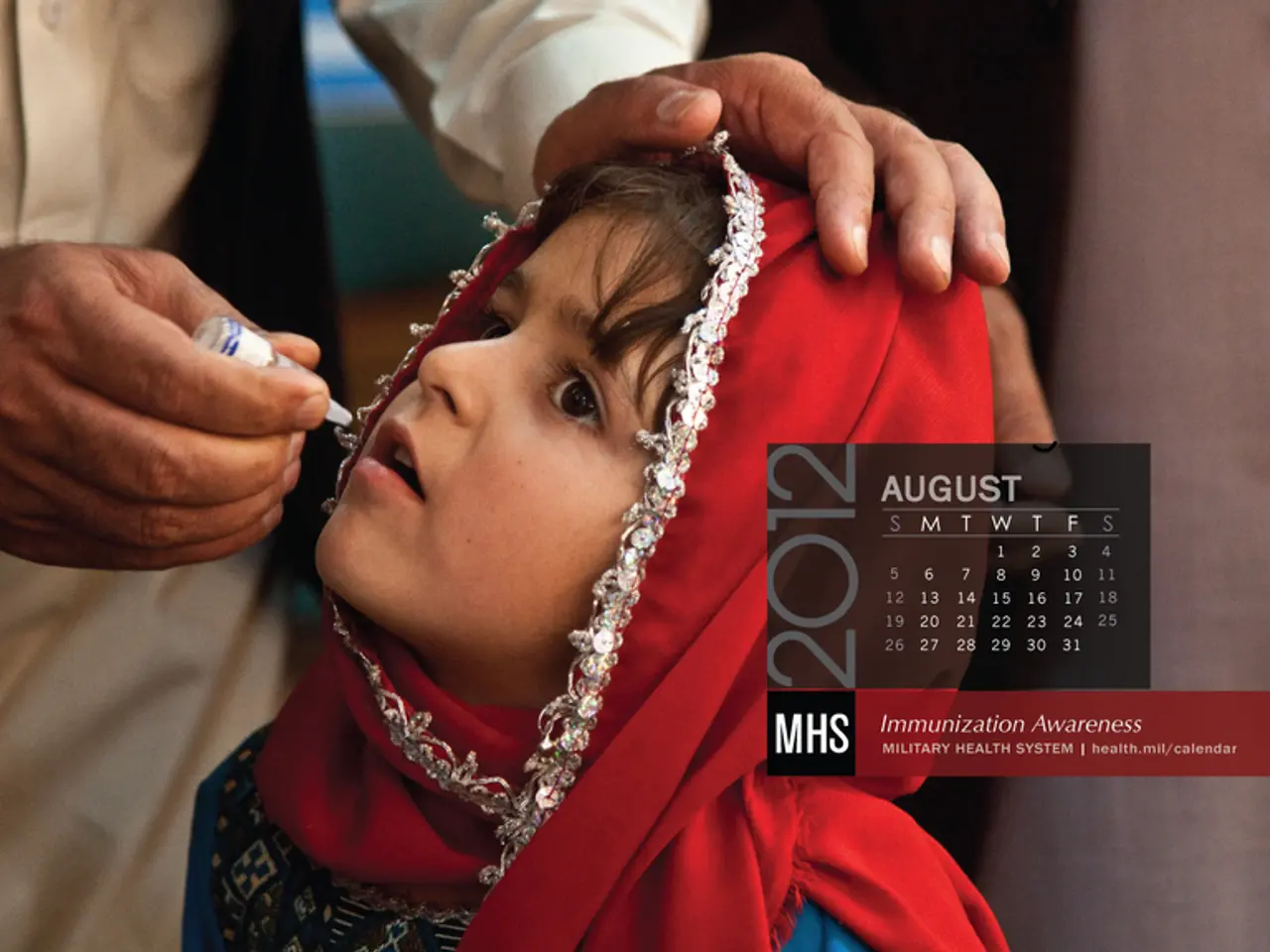Current COVID-19 Guidelines: An Update
The Centers for Disease Control and Prevention (CDC) has recently updated its guidelines for COVID-19 protection and isolation. Here's a summary of the key points:
Isolation after testing positive
Individuals who test positive for COVID-19 are no longer advised to isolate for a fixed 5-day period. Instead, if you have no fever for at least 24 hours without medication and your symptoms are mild and improving, you can end isolation and resume normal activities, following precautions to avoid transmission.
Masking after infection
While the fixed isolation period is no longer required, continued masking around others is advised, especially for those who are vulnerable or have ongoing symptoms.
Vaccination recommendations
The CDC currently does not recommend updated COVID-19 vaccine shots for healthy adults, pregnant people, and children in general. However, vaccination is still important for protection against severe illness, especially for older adults, immunocompromised individuals, and people with underlying medical conditions who remain at increased risk. These groups should also consider taking additional precautions such as masking.
Testing guidance
Routine testing is implied as part of protection strategies when symptomatic or exposed, but no specific new testing frequency is provided in the latest guidance. The focus is on symptom monitoring and avoiding exposure to others when ill or positive.
Protection for vulnerable groups
People with weakened immune systems may benefit from additional COVID-19 vaccinations, antiviral medication, and other treatments. The CDC has separate guidelines and recommendations to help ensure the safety of people at high risk for complications from COVID-19.
Vaccination for at-risk groups
All adults age 50 and older who contract COVID-19 are recommended to be treated with antiviral medication, even for mild infection. Older adults (ages 65+) should receive annual COVID-19 vaccinations. Pregnant individuals are urged to be up-to-date with COVID-19 vaccinations to protect themselves and their developing fetus.
Importance of vaccination
Vaccination is the best line of defense against COVID-19. While it may not provide complete protection from illness, the COVID-19 vaccine can help keep you out of the hospital. More than 98% of the United States population has some degree of immunity from COVID-19, due to prior infection, vaccination, or both.
Antiviral treatments
Antiviral medications like PaxlovidTM and LagevrioTM are the standard first-line antiviral medications for people with COVID-19 infection whose symptoms don't clear up on their own.
Continued vigilance
The COVID-19 virus is still a part of the respiratory illness mix, alongside RSV and the flu. Not everyone is testing for COVID-19 and other respiratory illnesses regularly. Testing is recommended if you're ill and need medication to ensure you get the treatment you need.
Healthcare worker guidelines
Healthcare workers can return to work after testing positive for COVID-19 if they meet three criteria: at least 10 days have passed since symptoms first appeared, at least 24 hours have passed since the last fever (without medication), and symptoms have improved.
Flu and RSV vaccinations
The CDC has separate guidelines and recommendations for influenza and RSV vaccinations, which remain separate but related public health considerations.
Kids' vaccination requirements
Kids ages 6 months to 4 years old need multiple doses to be up to date, and at least one of these doses should be the 2023-2024 formula COVID-19 vaccine.
In summary, the CDC advises people who test positive to isolate until they are fever-free for 24 hours and symptoms improve rather than a rigid five-day isolation, recommends vaccination primarily for vulnerable groups, and encourages mask-wearing and hygiene measures to reduce transmission risk.
Health and wellness practices, such as masking and hygiene measures, are emphasized to reduce transmission risk, as per the updated guidelines from the CDC. Science plays a crucial role in the development of antiviral treatments like PaxlovidTM and LagevrioTM for individuals with COVID-19 infection. Medical-conditions, such as weakened immune systems, can benefit from additional COVID-19 vaccinations and treatments to ensure the safety of high-risk individuals.




